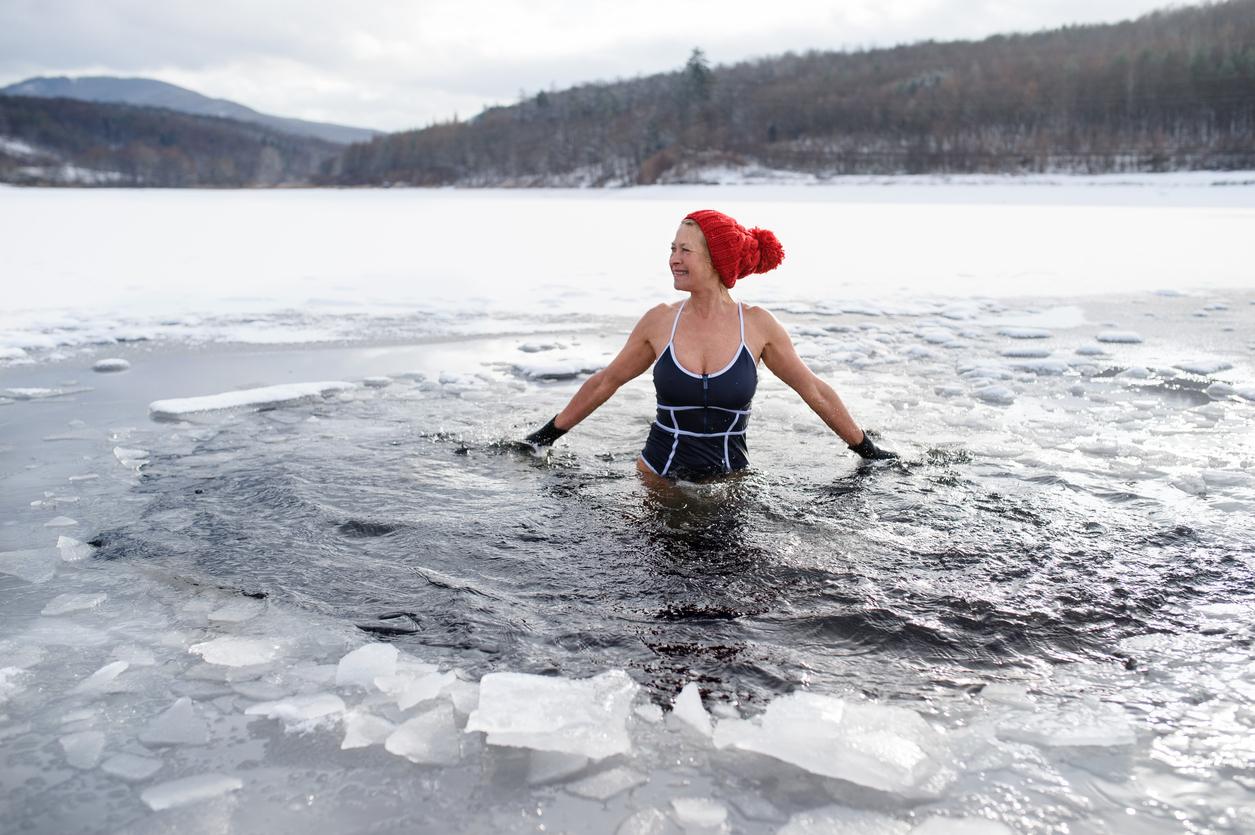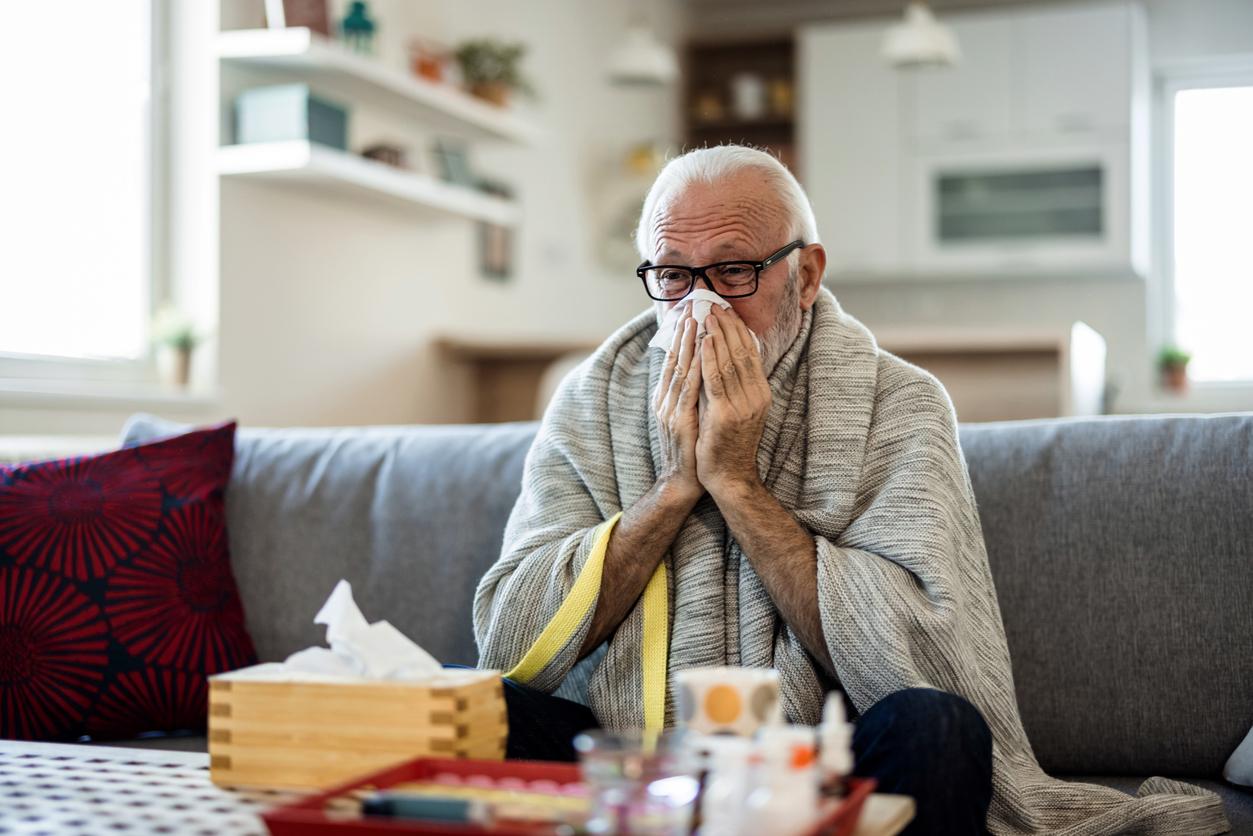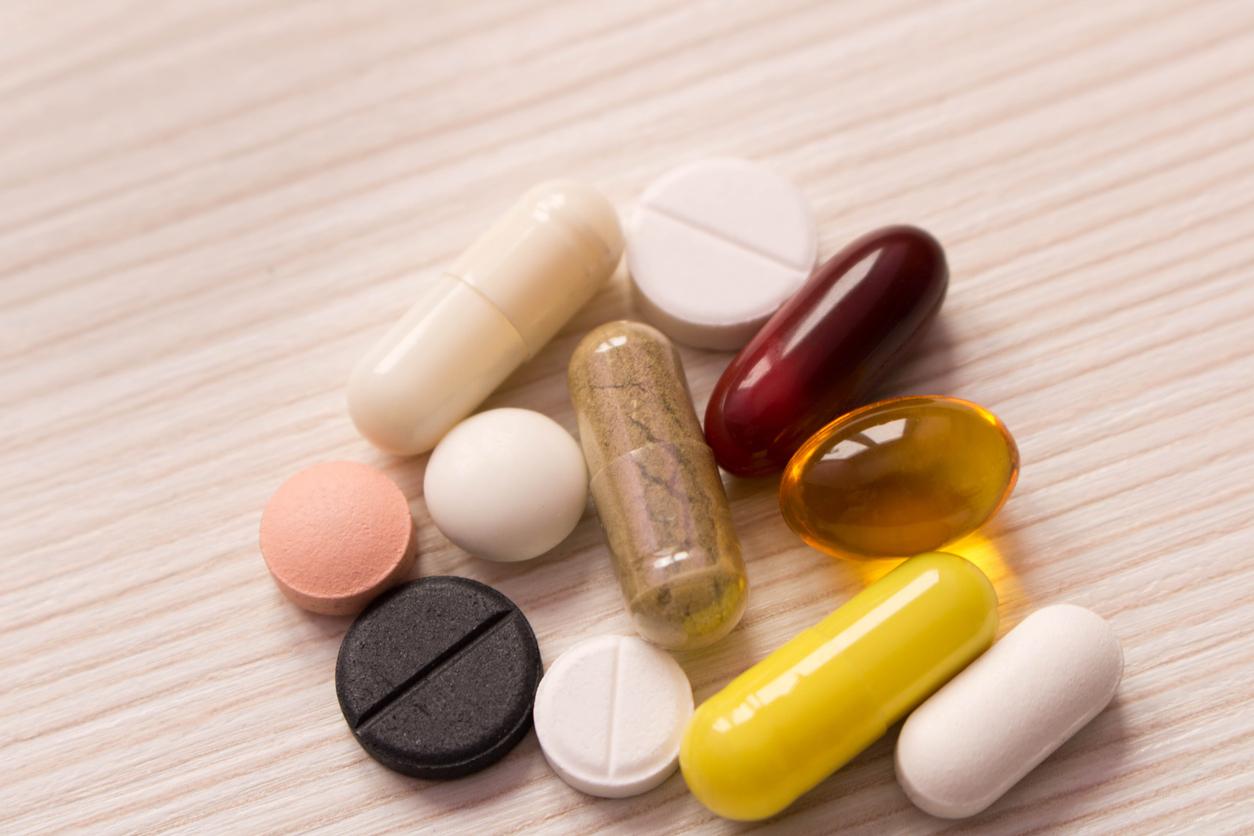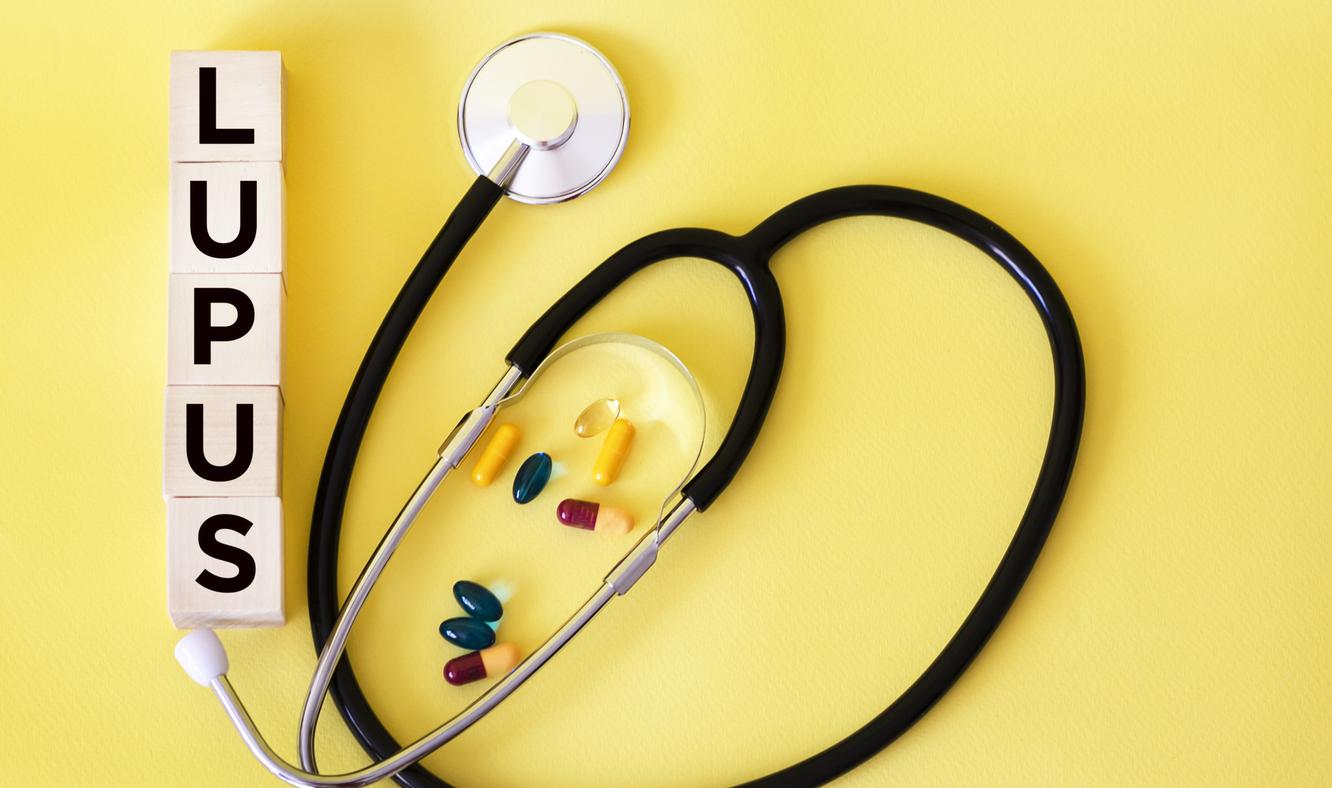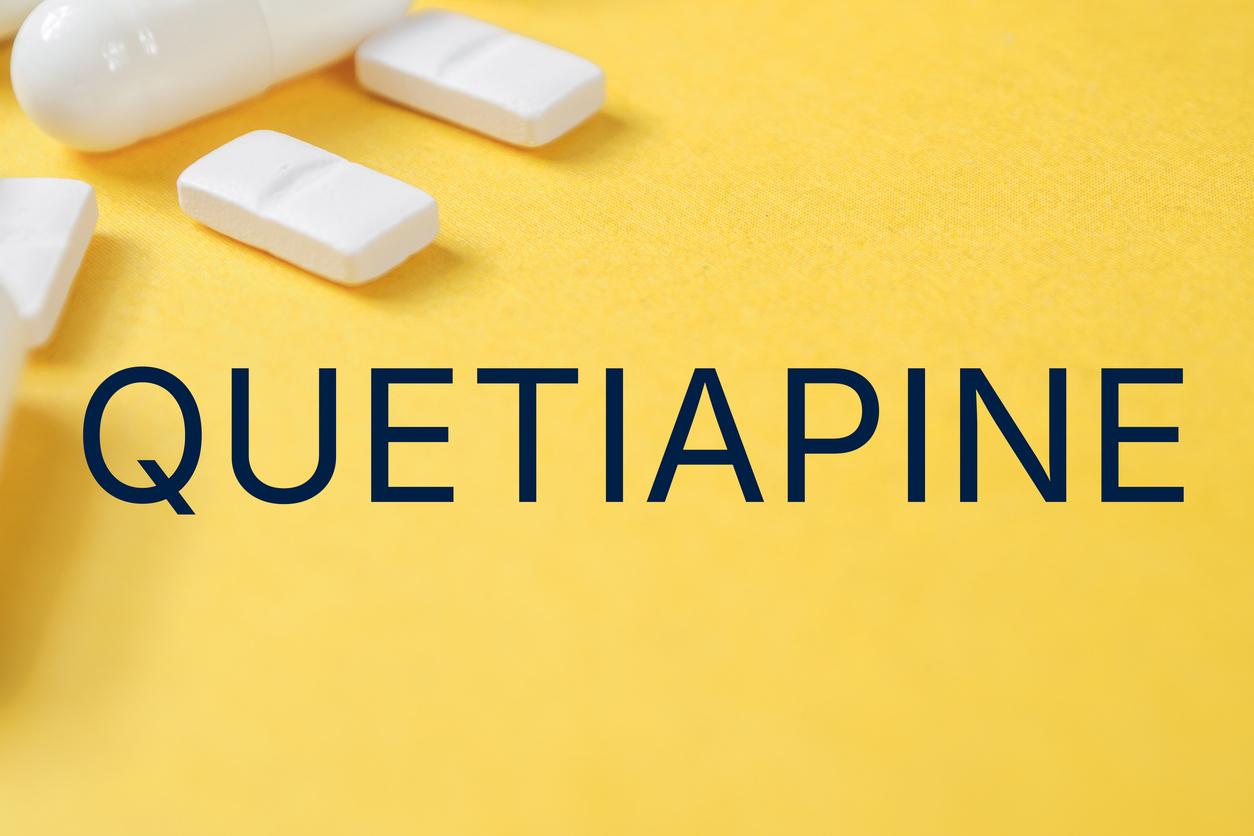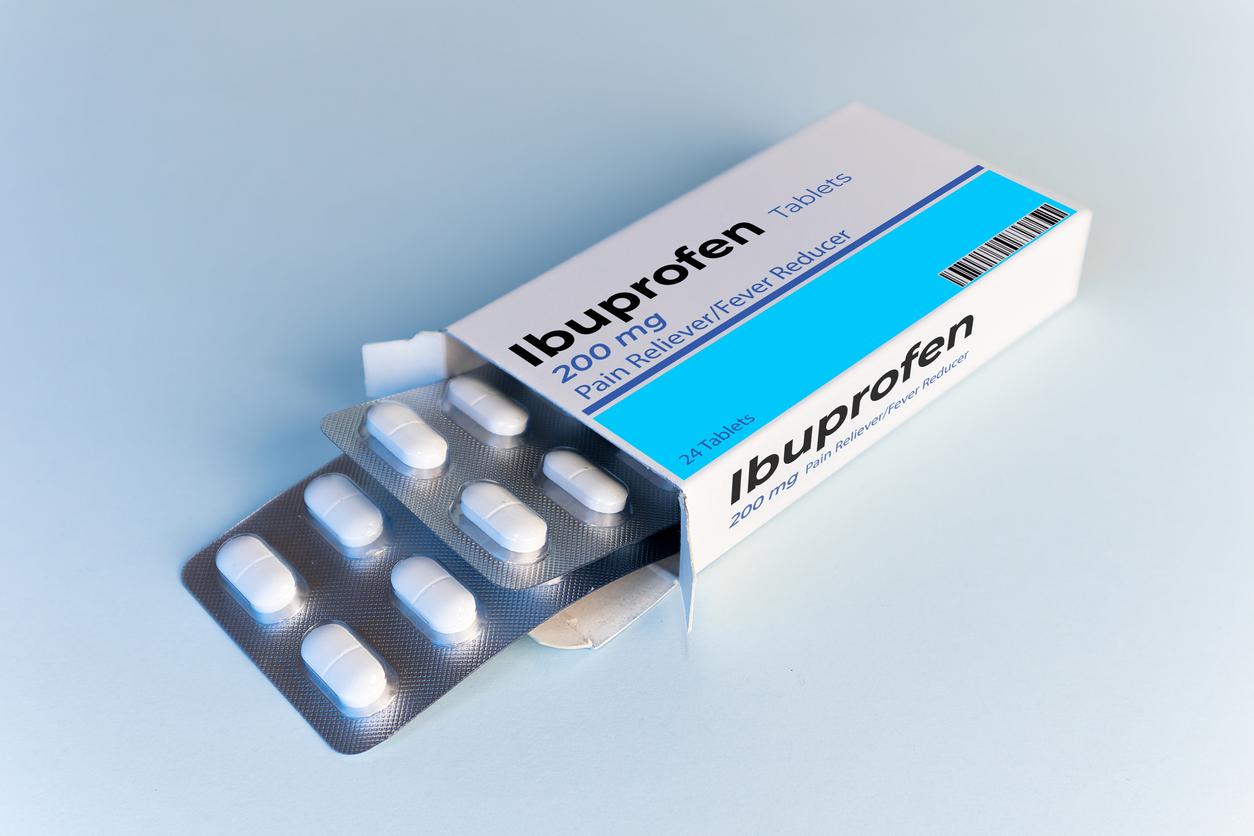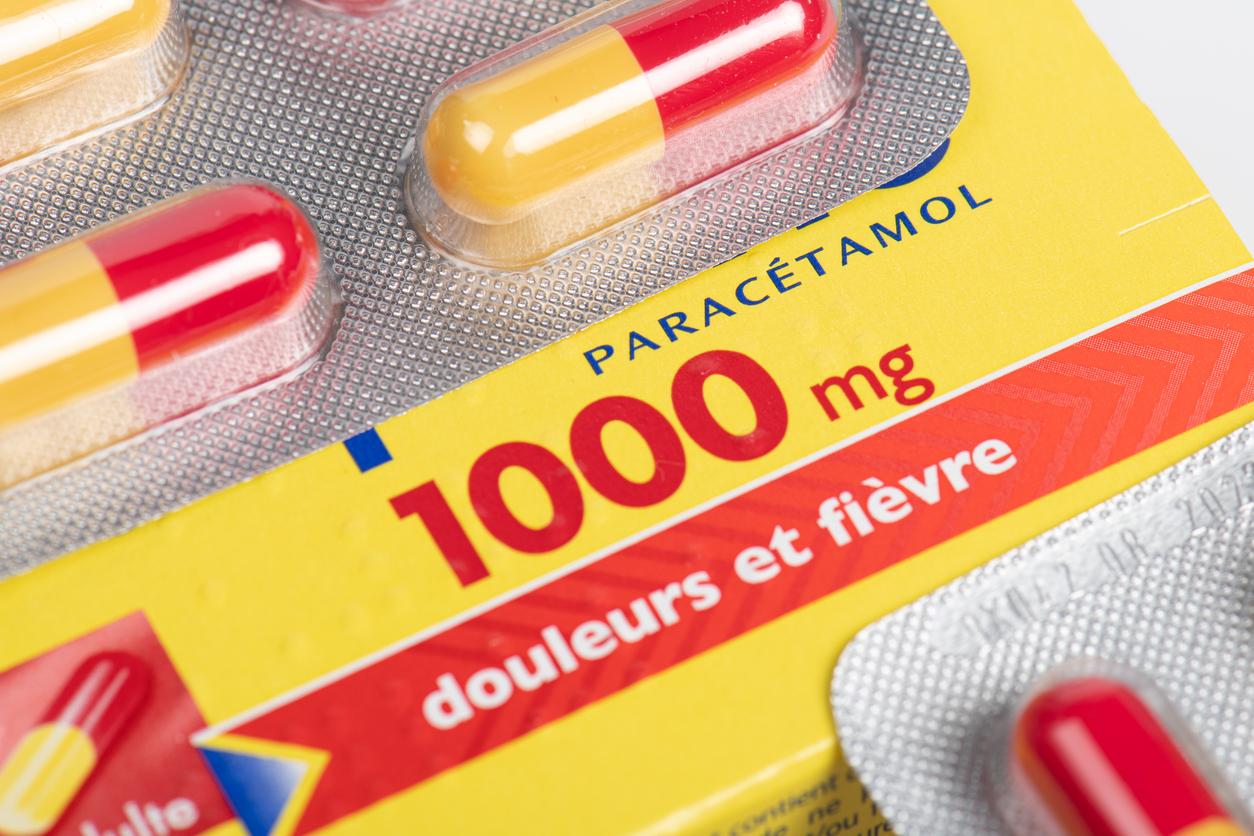The National Medicines Safety Agency (ANSM) renews its warning launched at the end of 2021: we must avoid using vasoconstrictor medications against colds, which are likely to cause heart attacks and strokes.

- The ANSM recommends against the use of vasoconstrictor medications (pseudoephedrine) orally in the event of cold symptoms.
- These medications may increase the risk of myocardial infarction and stroke. The risk is very low but these complications seem to occur regardless of the dose and duration of treatment.
- These medications may increase the risk of myocardial infarction and stroke. The risk is very low but these complications seem to occur regardless of the dose and duration of treatment.
- As these anti-cold medications are available in many other European countries, the ANSM has requested a re-evaluation of treatments at European level based on data in recent years. The procedure is underway.
During this autumn period, people with colds become legion. To relieve their unpleasant symptoms, many people have the reflex to take vasoconstrictor medications (pseudoephedrine), better known to the general public under the names Actifed Rhume, Dolirhume, Humex Rhume, Rhinadvil Rhume, etc.
The ANSM strongly advises against using these tablets, as they can cause rare but serious side effects such as myocardial infarction and stroke.
Cold: some vasoconstrictor medications have serious side effects
In his press release of October 22, 2023the ANSM explains: “Myocardial infarctions and strokes may occur after use of vasoconstrictor medications (pseudoephedrine) intended to relieve cold symptoms. The risk is very low, but these events can occur regardless of the dose and duration of treatment. treatment”.
The organization adds “the seriousness of these accidents and the persistence of the cases – despite the actions already put in place –, associated with the non-essential nature of vasoconstrictors, lead the ANSM to recommend against their use”.
The ANSM is not the only health organization to warn against these treatments relieving the symptoms of this benign nasopharyngitis of viral origin. The College of General Medicine, the National Professional ENT Council, as well as the National Order of Pharmacists and the community pharmacists’ unions (Union of Community Pharmacists’ Unions and Federation of Pharmaceutical Unions of France) are formulating a similar recommendation.
“Recent data from pharmacovigilance databases and medical literature report cases of posterior reversible encephalopathy syndromes (PRES) and reversible cerebral vasoconstriction syndromes (RCVS) after taking an oral vasoconstrictor containing pseudoephedrine”, adds the press release. Faced with these results, the ANSM requested the re-evaluation of vasoconstrictor treatments (pseudoephedrine) at the European level. The procedure, which began in February 2023, is still ongoing.
“In the meantime, the reinforced surveillance put in place in France is maintained and other restrictive measures could be taken to protect patients“, specifies the ANSM
Vasoconstrictor drugs: what treatments are involved?
The anti-cold treatments affected by the ANSM warning are:
- Active Cold;
- Actifed Cold day and night;
- Dolirhume Paracetamol and Pseudoephedrine;
- Dolirhumepro Paracetamol Pseudoephedrine and Doxylamine;
- Humex Cold;
- Nurofen Cold;
- Rhinadvil Cold Ibuprofen/Pseudoephedrine;
- Rhinadvilcaps Cold Ibuprofen/ Pseudoephedrine.

Cold: how to relieve it without medication?
The common cold is a viral infection that affects the mucous membrane of the nose, sinuses and throat. Several viruses can cause this disease such as human rhinoviruses, adenoviruses, coronaviruses and metapneumoviruses. Runny and/or stuffy nose, sneezing and sore throat are the most common symptoms. Benign, this disease heals spontaneously in 7 to 10 days.
Simple actions help relieve the discomfort associated with cold symptoms. The ANSM advises:
- moisten the inside of the nose with suitable washing solutions: physiological serum, thermal water or sea water sprays, etc.;
- drink enough water;
- sleep with your head elevated;
- maintain a cool atmosphere (18-20°C) and regularly ventilate the rooms.



